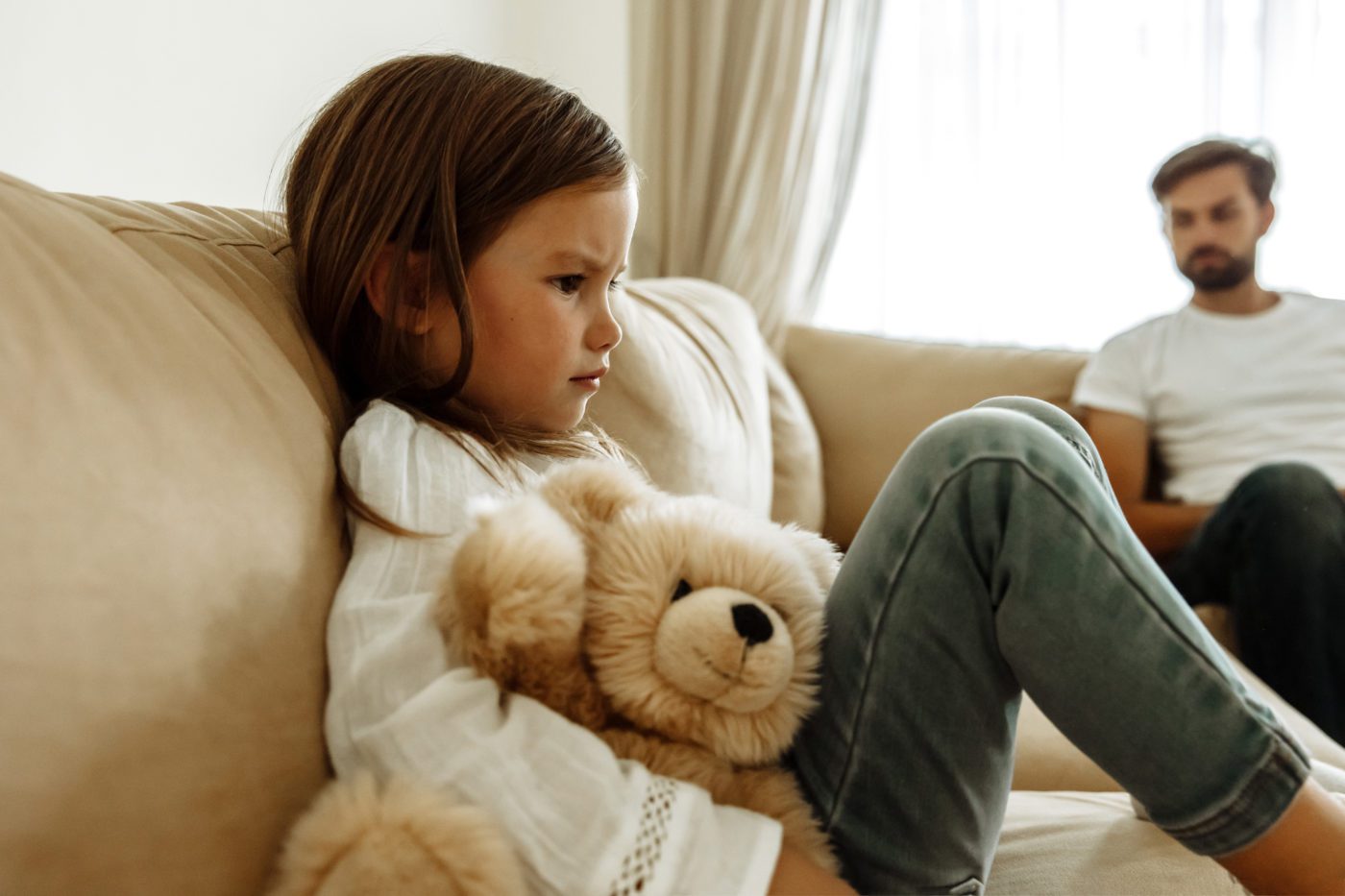“Dad, we’re so sorry. We won’t do it again,” say two sad, teary-eyed kids as they peer into your eyes in the heat of the moment. One of them means it—and one doesn’t. How can you tell the difference? Do you know how to tell if your kids are really sorry?
Being sad, shedding tears, and saying the right words don’t mean a lot when you’re not truly sorry. There are two kinds of sorry—one is real and leads to growth, and one is fake and leads to nothing. Here are 3 ways to know if your kid is really sorry.
1. When There’s Hate for the Wrong Rather Than Just for Being Caught
The tears of fake sorry can come from a lot of different things—embarrassment over being disciplined, for example. Often, kids hate being caught way more than they hate their wrong behavior. Our goal as dads should be to help our kids understand the gravity of what they did wrong. You’ll know you’re on the right track when she does something wrong and she understands the pain she caused.
What to do: Dig in and ask your kid, “How did it make your sister feel to have her hair pulled?” The goal is to help your child understand how his or her behavior impacts other people.
2. When There’s a Desire to Make Things Right
A child who apologizes but doesn’t try to make it right isn’t sorry. A child who’s truly sorry also wants to make amends. If the wrong behavior was staying out past curfew, a kid who’s sorry creates a plan to leave at a certain time to avoid being late again. The point is the kid who’s really sorry will want to know how to restore trust and ultimately will seek to rebuild the relationship.
What to do: Ask your kid, “How can you make things right after pulling your sister’s hair? What would you want your sibling to do if he or she had hurt you in the same way?” Then see to it that your kid follows through and sincerely does that for the person hurt.
3. When There’s Lasting Change
If your kid makes no effort to change, you know he or she wasn’t sorry. Sure, he may feel sad, cry, or even say the right words, but you must look for change that lasts. Despite having apologized for what he did wrong, this kid does the same wrong thing time and time again. But change is not short-lived for kids who are truly sorry.
What to do: Ask your kid, “What can you do differently so you don’t pull your sister’s hair again?” And praise your kid when, later, you witness him or her making a wise behavior choice when he or she once might not have done that.
Sound off: How do you know if your kid is really sorry?











Huddle up with your kids and ask, “How can you tell if someone is really sorry?”